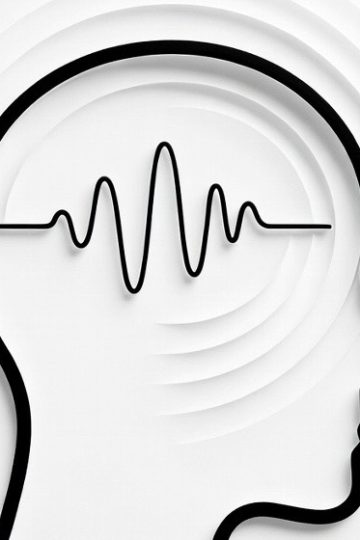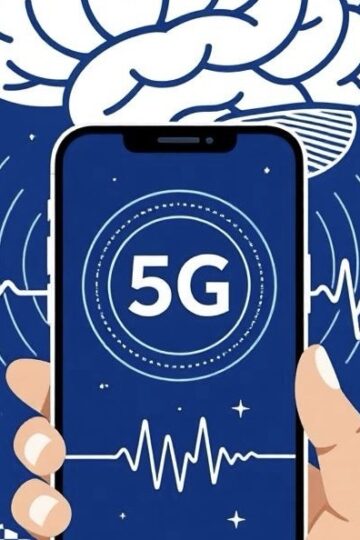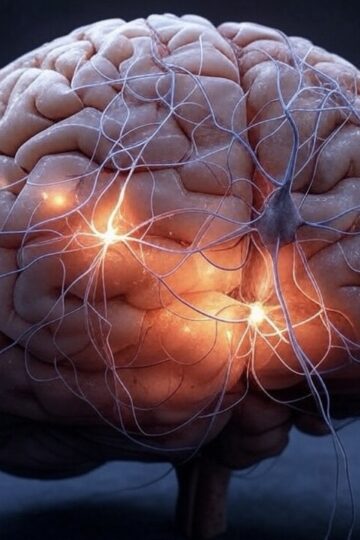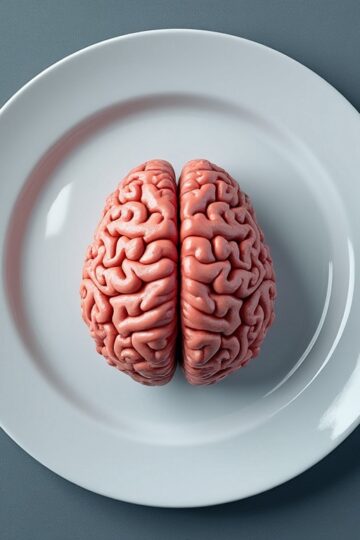Sound waves, particularly ultrasound, show promise in modulating brain activity through techniques like sonogenetics, where genetically modified cells respond to ultrasonic pulses, allowing non-invasive control of neurons in animals like worms and mice. Developed by researchers at the Salk Institute, this method activates specific brain regions without surgery, potentially treating disorders such as Parkinson’s by […]
Tag: brain
Optimize Brain Performance: Boost Memory, Focus, and Health
Optimizing brain performance supports memory, focus, productivity, and long-term mental health. Key strategies work by boosting neuroplasticity and cognitive reserve. Regular physical exercise, especially aerobic and strength training, increases blood flow and BDNF to strengthen memory and learning. A healthy diet like the MIND or DASH diet—rich in leafy greens, berries, whole grains, and omega-3 […]
How to Lower Dementia Risk with Simple Lifestyle Changes
Dementia, including Alzheimer’s, affects millions worldwide, but lifestyle habits can play a major role in preventing or delaying its onset. Key risk factors like physical inactivity, sedentary behavior, obesity, smoking, excessive alcohol, and poor diet contribute to cognitive decline. Prolonged sitting, even if broken up, has been linked to higher dementia risk by impairing brain […]
Pineal Gland
The pineal gland, a small pine cone-shaped endocrine gland in the brain’s epithalamus, produces melatonin—a serotonin-derived hormone that regulates sleep, circadian rhythms, and light-dark cycles. Located near the third ventricle and connected by the pineal stalk, it lacks a blood-brain barrier as a circumventricular organ. Pinealocytes synthesize melatonin, peaking at night under sympathetic control from […]
Do 5G Phones Harm Brain Waves or HRV?
5G phones use high-frequency millimeter waves and RF-EMF, raising concerns about effects on brain waves and heart rate variability (HRV). Studies show 5G’s non-ionizing radiation, measured by specific absorption rate (SAR), stays within safety limits, with minimal thermal or non-thermal impacts. EEG research suggests slight changes in alpha and beta waves in some cases, but […]
Creatine Monohydrate: Benefits for Muscle, Brain, and Health
Creatine monohydrate, a well-researched supplement, boosts energy production by increasing ATP and phosphocreatine in muscles and the brain. It enhances athletic performance, muscle strength, and exercise recovery, making it ideal for resistance training. For older adults, it fights sarcopenia and may improve bone density. It also supports brain health, improving cognitive function, alertness, and mood, […]
Parkinson’s and Pesticides: Toxins Linked to Brain Disease
Parkinson’s disease, a neurodegenerative disorder, disrupts movement and quality of life with symptoms like tremors and stiffness, caused by the loss of dopamine-producing neurons in the brain. Pesticides, such as paraquat and rotenone, are increasingly linked to higher Parkinson’s risk, especially in farmers and rural residents exposed through agriculture or home gardening. Studies show these […]
Sleep Deprivation Damages Your Brain: Science Explained
Sleep deprivation isn’t just about feeling groggy—it’s a silent wrecking ball to your brain. Research shows that skipping sleep doesn’t just leave you tired; it triggers a cascade of effects that can lead to lasting brain damage. From frayed neurons to memory lapses, the stakes are high. Let’s break down how chronic sleep loss dismantles […]
Brain Development and Decision Making in Young Adults
The human brain, particularly the prefrontal cortex, matures around age 25, impacting decision-making, impulse control, and risk assessment. This delayed development explains youthful risk-taking due to ongoing neural reorganization, including myelination and synaptic pruning, enhancing cognitive efficiency. Understanding this developmental stage is crucial for education, policy, and behavioral interventions, as it affects how young adults […]
What is the Pineal Gland? | Q&A
The pineal gland is a small endocrine gland located in the center of the brain that produces the hormone melatonin, which helps regulate the sleep-wake cycle. It is also believed to play a role in the body’s response to light and to have a connection to spiritual experiences. Fun Facts About the Pineal Gland Words […]










